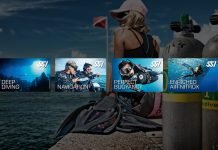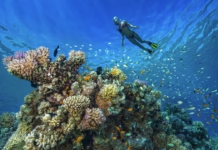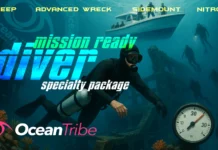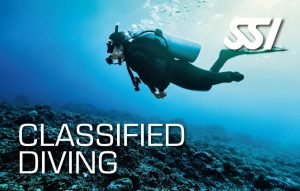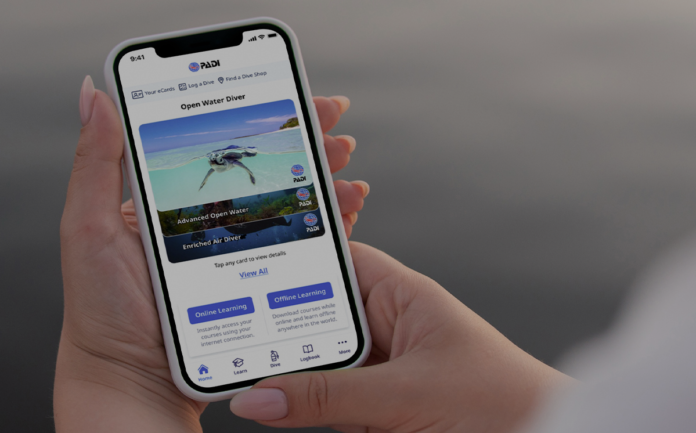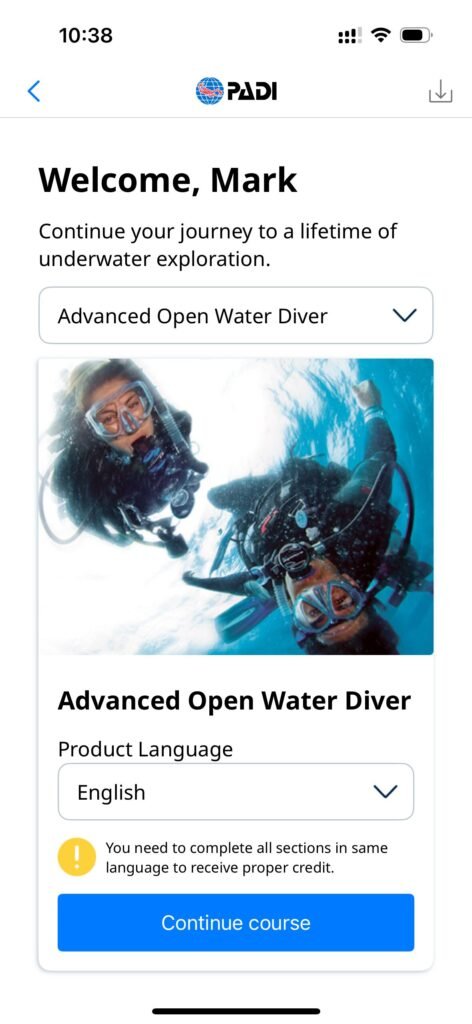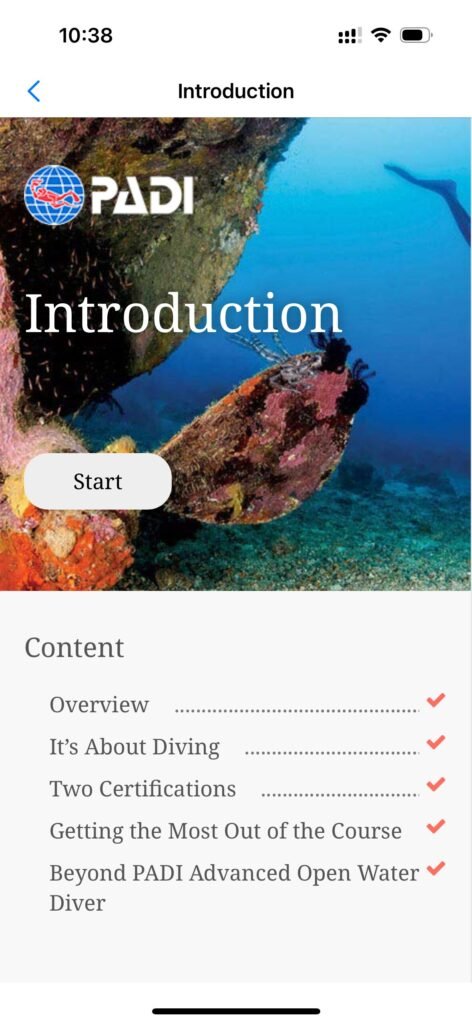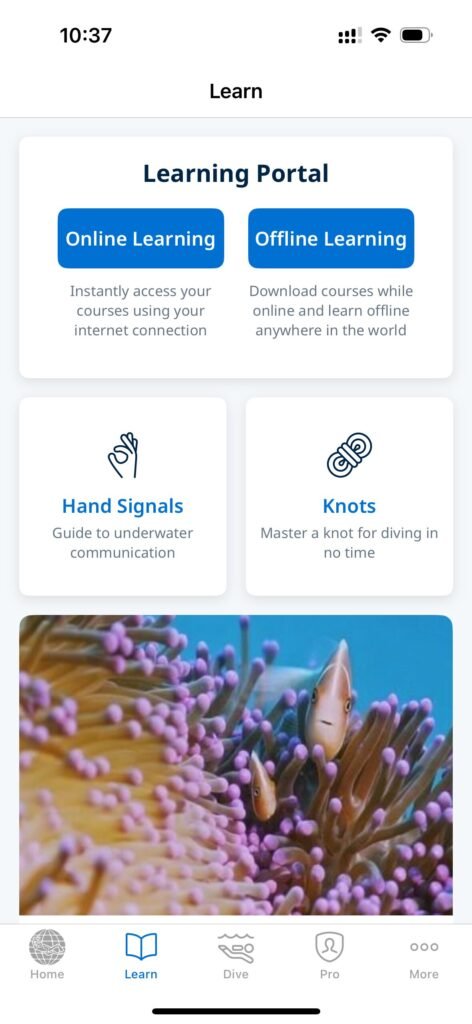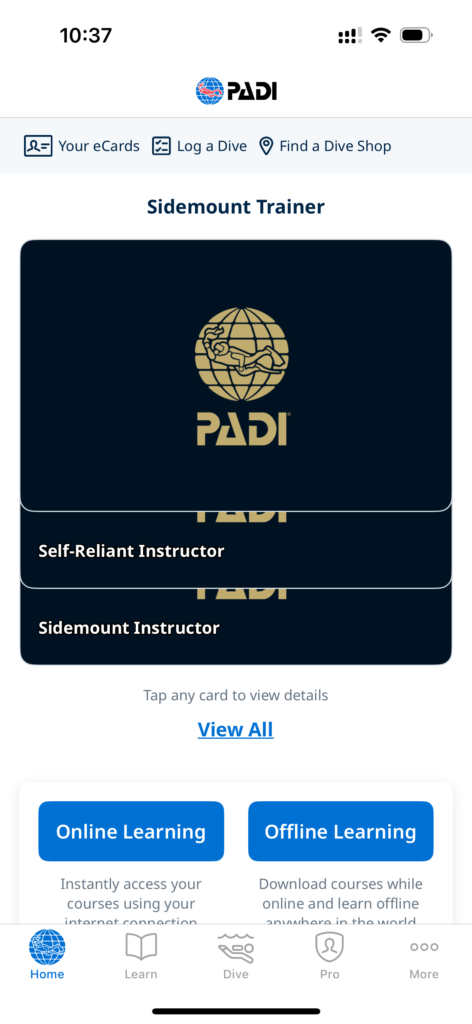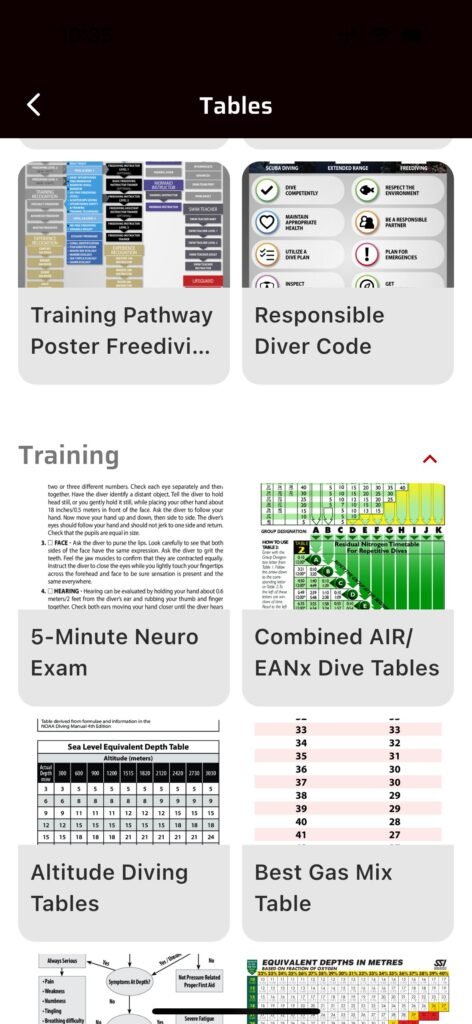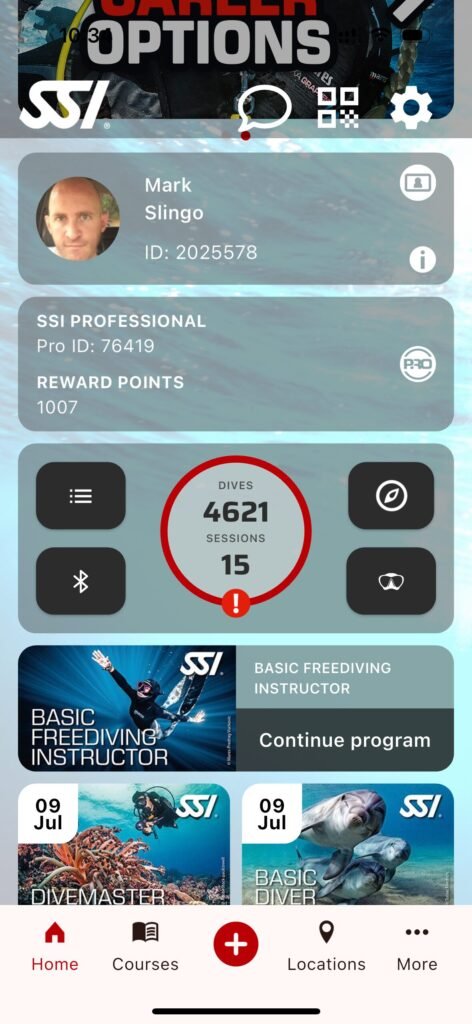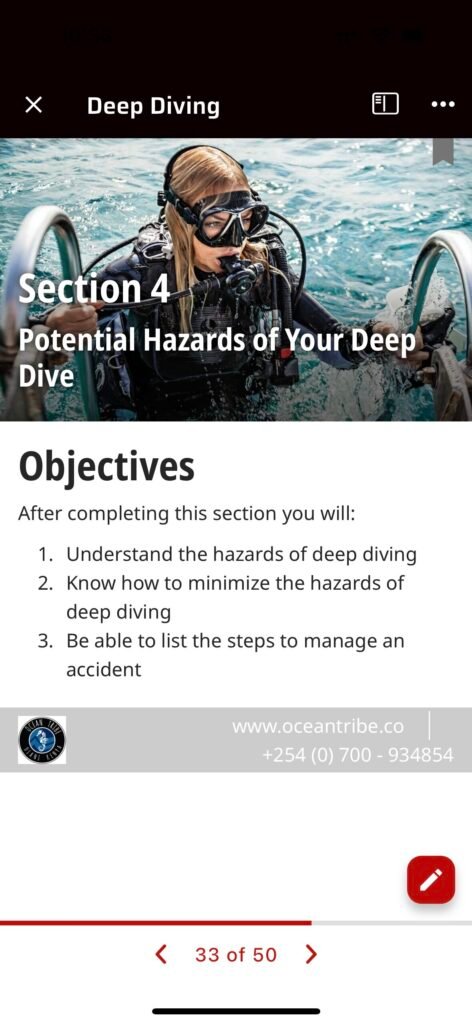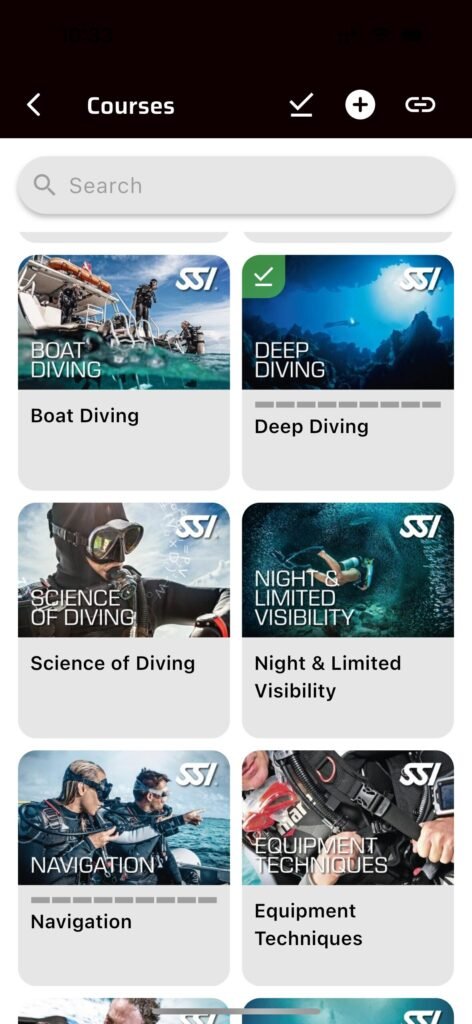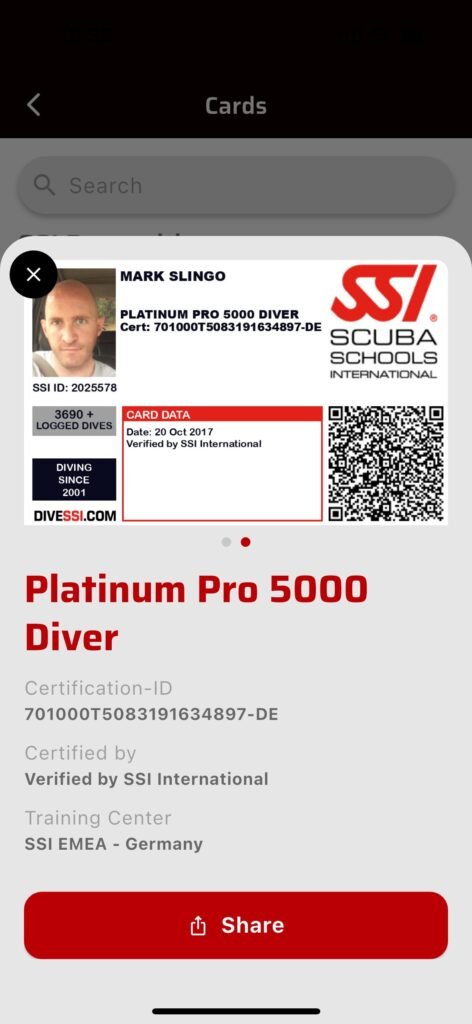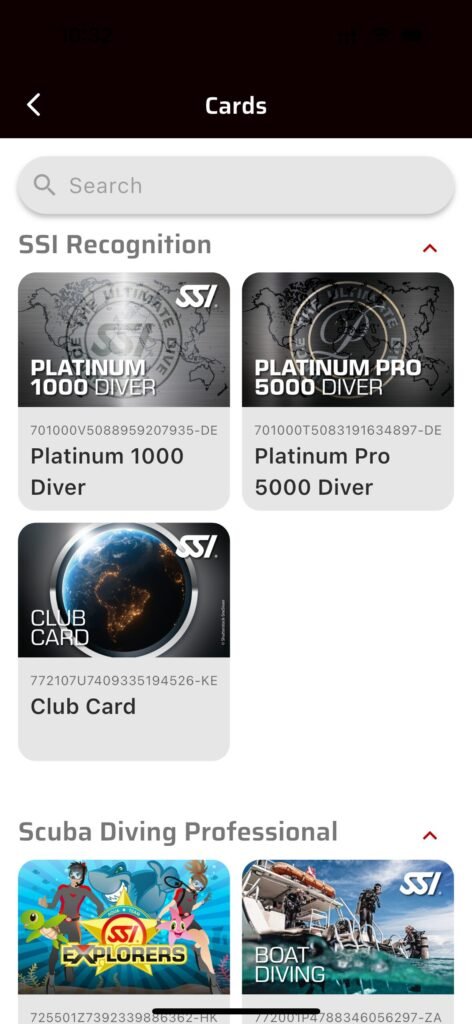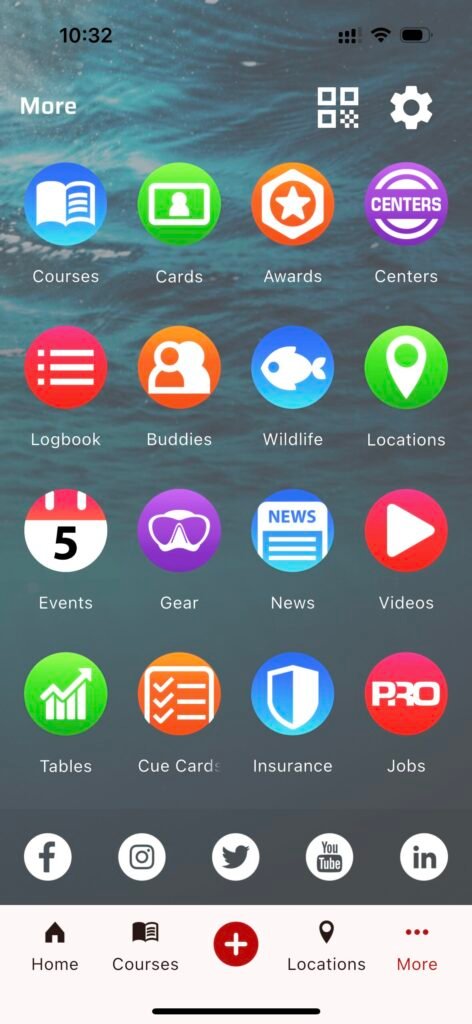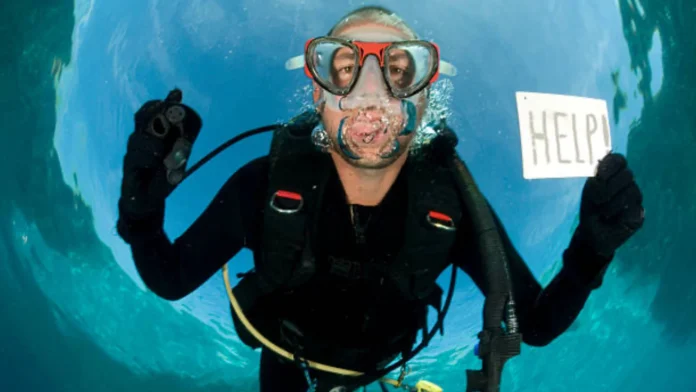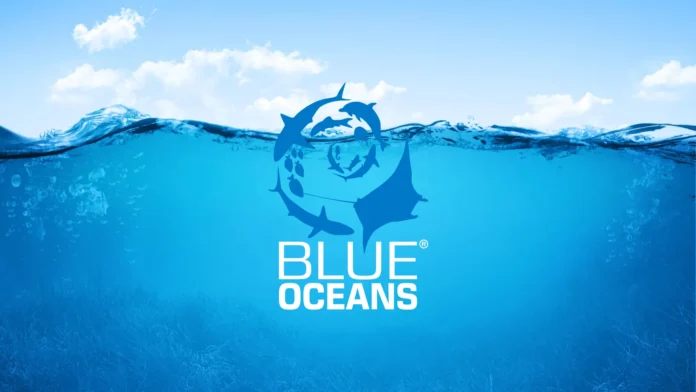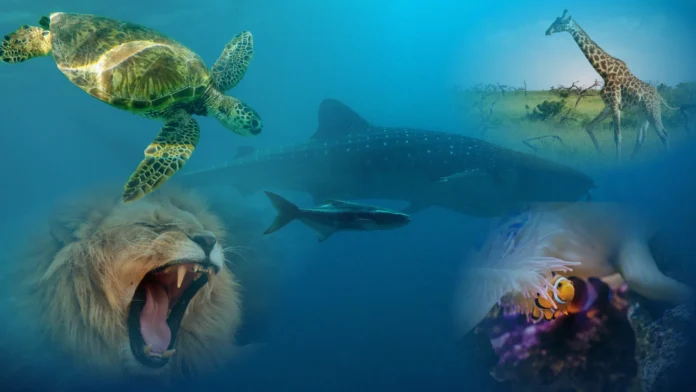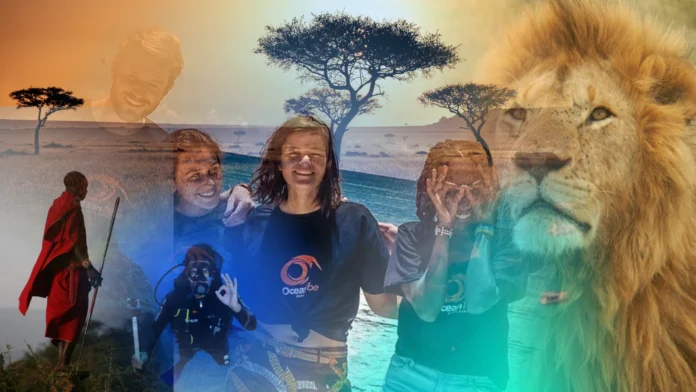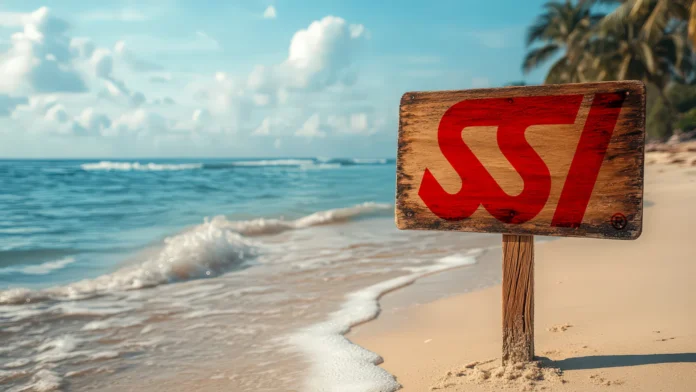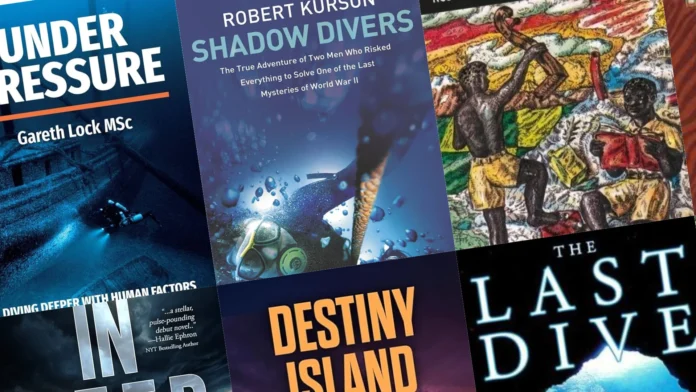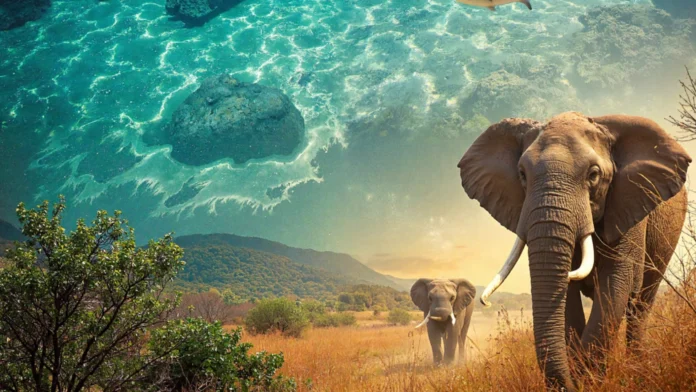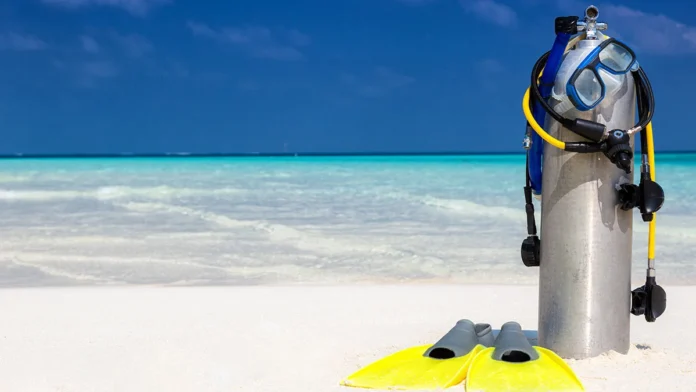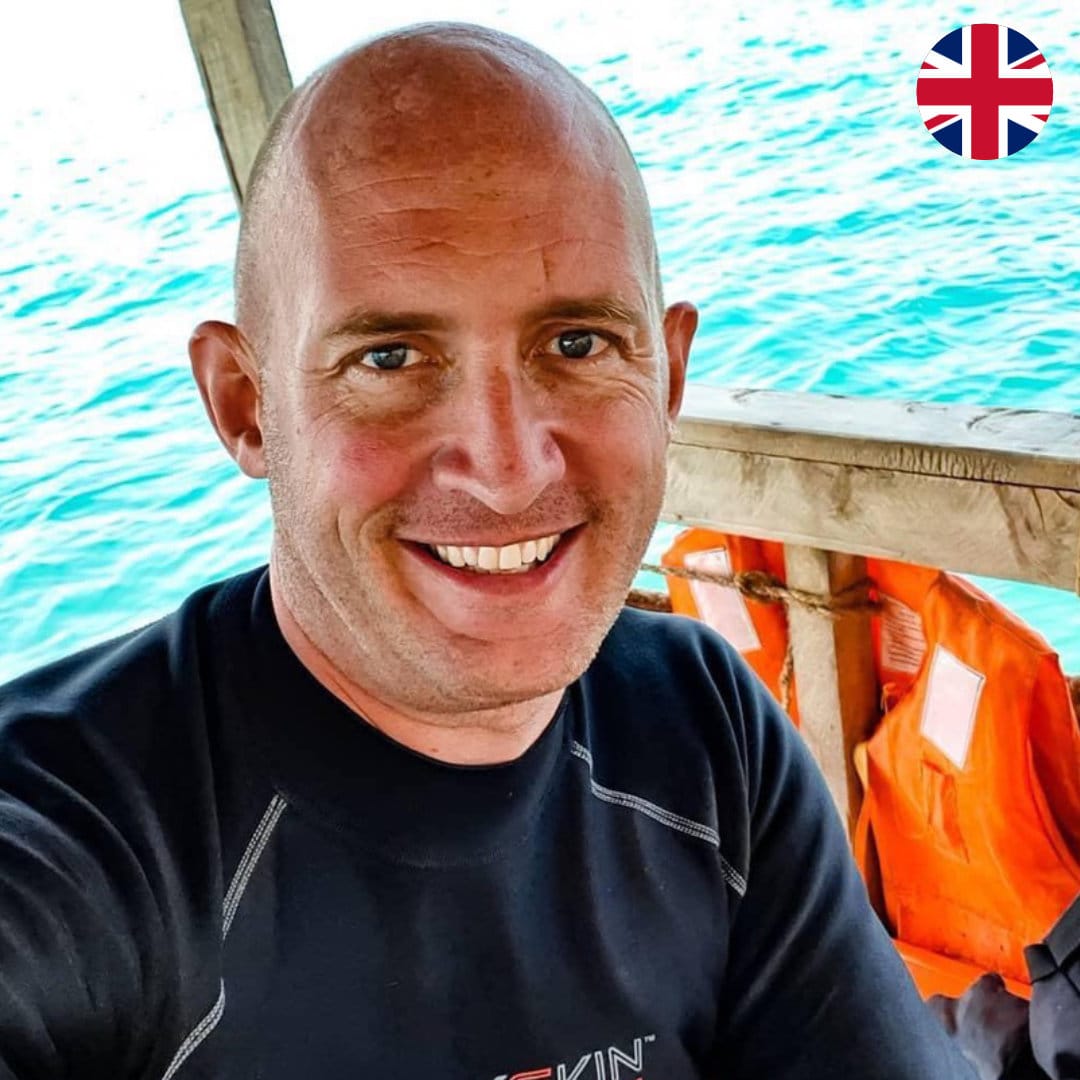If you’re dreaming of becoming a dive professional, there’s no better place to do it than Kenya. There are so many exciting reasons to do your scuba instructor training in Kenya. It’s not just about earning a certification. It’s about starting a life-changing adventure that combines world-class instruction, rich marine life, inclusive teaching opportunities, and unforgettable experiences on land and sea.
Great Training Conditions and On-Site Setup
One of the top reasons to do your scuba instructor training in Kenya is the incredible environment and seamless facilities. The warm, calm waters of Diani Beach offer perfect conditions for building your skills. The ocean stays between 26 and 29°C year-round, and gentle currents make training stress-free.
At Ocean Tribe, everything is on-site. You’ll find a modern classroom, a large training pool, and direct beach access to the dive boat. You can move easily from theory to pool practice to ocean dives without wasting time. Plus, after graduating, you become a Dive Club member, with access to unlimited diving, special events, and extra opportunities to keep improving.
Specialty Certifications and Safari Adventure Included
While training in Kenya, you can earn up to seven specialty instructor ratings, including Deep Diving, Nitrox, and loads of other ecology courses. These extra certifications make you more valuable and open more job opportunities worldwide.
Even better, your package includes a free 3-day, 2-night African safari after your Instructor Evaluation. It’s the perfect way to celebrate your achievement. Seeing elephants, lions, giraffes, and other wildlife in their natural habitat makes your training journey unforgettable.
Learn Inclusive Teaching for Disabled Divers
Kenya also offers a special chance to learn inclusive teaching. At Ocean Tribe, you can join the SSI Classified Diver Instructor program from one of the top disabled diver trainers in the world. This course teaches you to work confidently with disabled divers and adapt lessons for students with physical or cognitive challenges.
By opening up the underwater world to more people, you become a more versatile and compassionate instructor. It’s one of the most rewarding reasons to do your dive instructor training in Kenya.
Strong Conservation Focus
Another powerful reason to choose dive instructor training in Kenya is the strong focus on conservation. Ocean Tribe is involved in coral monitoring, turtle conservation, and beach clean-ups. You’ll get the opportunity to join these projects and learn to protect marine life firsthand.
This hands-on experience shapes you into an instructor who inspires students to respect and care for the ocean wherever they dive.
World-Class Instruction from Experienced Trainers
Ocean Tribe is known for excellent dive instruction. At Ocean Tribe, you’ll learn from SSI Instructor Trainer Mark Slingo, an award-winning trainer with years of experience. His supportive and friendly style builds your confidence quickly.
Learning from a dedicated mentor gives you the skills and mindset to inspire students anywhere in the world.
All-Inclusive, Hassle-Free Packages
Another big reason to do your dive instructor training in Kenya is the all-inclusive package. Your course fee covers digital learning materials, wetnotes, slates, pool sessions, unlimited tanks, daily local lunches, and even the instructor exam.
Ocean Tribe also helps with visas, airport transfers, and budget-friendly accommodation. You can focus fully on your course without worrying about hidden costs or travel headaches.
Global Certification and Career Opportunities
When you complete your scuba instructor training in Kenya, you receive a globally recognized SSI certification. You’ll be able to teach anywhere in the world. You’ll also join a strong network of dive centers and instructors across East Africa and beyond.
There are many internships and job openings available right after your course. SSI’s flexible teaching system helps you create your own style and connect with students in a personal, memorable way.
Rich Culture and Adventure
Kenya is not just a place to learn diving. It’s full of adventure and vibrant culture. Between training days, you can explore colorful markets, try Swahili cuisine, and meet friendly local communities.
Combining training with cultural experiences makes your journey even more special. You’ll come home with amazing memories and lifelong friendships.
Transformational Personal Growth
Perhaps the most powerful reason to do your dive instructor training in Kenya is the personal transformation. This journey challenges you physically, mentally, and emotionally. You’ll leave as a confident leader and passionate ocean ambassador.
The mix of top-level training, inspiring marine life, and cultural immersion ensures you return home forever changed and ready to guide new divers anywhere in the world.
Amazing Marine Life to Explore After Your Course
Although the course focuses on skill development, Kenya’s marine life is waiting for you after you graduate. The reefs are full of colorful corals, turtles, reef sharks, rays, and even seasonal whale sharks.
As a Dive Club member, you’ll enjoy unlimited diving and get to explore this underwater paradise as much as you like. It’s the perfect reward for all your hard work.
Why Scuba Instructor Training in Kenya Is the Perfect Choice
There are endless reasons to do your dive instructor training in Kenya. You’ll enjoy world-class facilities, learn inclusive teaching, support conservation, and experience an exciting blend of adventure and culture. You’ll earn a respected certification and start a journey that will shape your life and career forever.
If you’re interested in upcoming course dates, safari details, or help planning your adventure, get in touch today. We’d love to help you take the next step toward becoming a dive professional in Kenya!






